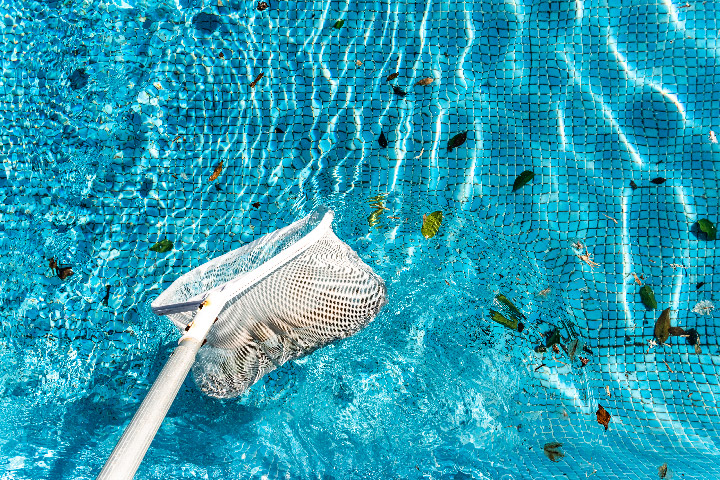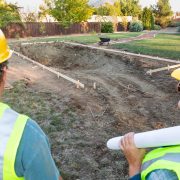
Understanding the Costs: Average Pool Maintenance Expenses Explained
Owning a swimming pool offers countless benefits, from providing a refreshing escape on hot summer days to creating a hub for social gatherings and exercise. However, it’s essential to recognize that maintaining a pool requires ongoing care and investment to ensure its cleanliness, safety, and longevity. In this blog post, we’ll delve into the average costs associated with maintaining a swimming pool, helping you understand what to expect and how to budget effectively for your pool ownership journey.
Initial Installation Costs
Before diving into ongoing maintenance expenses, it’s crucial to consider the initial installation costs of a swimming pool. The total cost of installing a pool can vary significantly depending on factors such as size, shape, materials, location, and additional features. On average, homeowners can expect to pay anywhere from $20,000 to $50,000 or more for a standard inground pool installation, while above-ground pools typically range from $1,500 to $15,000.
Ongoing Maintenance Expenses
Once your pool is installed, ongoing maintenance is necessary to keep it clean, safe, and functional. Here are some average costs associated with maintaining a swimming pool:
- Chemicals: Pool chemicals such as chlorine, pH adjusters, algaecides, and shock treatments are essential for maintaining water quality and preventing algae growth and bacterial contamination. On average, homeowners can expect to spend $500 to $1,500 per year on pool chemicals, depending on pool size and usage.
- Water Testing Kits: Regular testing of pool water is crucial for maintaining proper chemical balance and water clarity. Test kits typically cost between $20 and $100, with additional expenses for reagents and testing strips.
- Pool Cleaning Equipment: Pool cleaning equipment such as skimmers, brushes, vacuums, and nets are necessary for removing debris, leaves, and other contaminants from the pool water and surfaces. The cost of pool cleaning equipment can range from $100 to $500 or more, depending on the type and quality of the tools.
- Energy Costs: Running pool equipment such as pumps, filters, and heaters requires electricity, which contributes to monthly energy bills. On average, homeowners can expect to spend $30 to $150 per month on pool-related energy costs, depending on equipment efficiency and usage.
- Professional Services: Some pool maintenance tasks, such as pool opening and closing, equipment repairs, and water chemistry adjustments, may require the expertise of a professional pool service technician. The cost of professional pool services can vary widely depending on the scope of work and local market rates.
- Insurance and Permit Fees: Homeowners may need to obtain permits and pay insurance premiums for their swimming pool, which can add to the overall cost of pool ownership. Permit fees vary by location and may range from $100 to $500 or more, while insurance premiums depend on factors such as pool size, features, and liability coverage.
Conclusion:
Maintaining a swimming pool involves various ongoing expenses, including chemicals, equipment, energy costs, professional services, and permit fees. By understanding the average costs associated with pool maintenance and budgeting accordingly, homeowners can ensure that their pool remains clean, safe, and enjoyable for years to come. Remember to factor in these expenses when considering pool ownership and plan ahead to maintain your pool within budget.
???? Recommended Products
Based on the topics covered in this article, here are our top product picks to help you maintain a healthy, sparkling pool:
- Dolphin Nautilus CC Plus Robotic Pool Cleaner (~$800) — Top-rated robotic cleaner with CleverClean technology — scrubs walls, waterline, and floor with zero effort from you.
- Taylor K-2006 Complete Pool Water Test Kit (~$90) — The gold standard for pool water testing — measures chlorine, pH, alkalinity, calcium hardness, and CYA with laboratory-grade accuracy.
- Pentair SuperFlo VS Variable Speed Pool Pump (~$850) — Energy Star certified variable speed pump — can save up to 80% on energy costs vs. single-speed pumps.
- Hayward W3HP21404T HeatPro Heat Pump (~$3,200) — Energy-efficient heat pump warms your pool using ambient air — far cheaper to operate than gas heaters.
- AquaChek 7-Way Pool & Spa Test Strips (100 ct) (~$17) — Quick and easy 7-parameter testing for chlorine, bromine, pH, alkalinity, hardness, and CYA — perfect for routine checks.
- In The Swim 3-Inch Chlorine Tablets (25 lbs) (~$70) — Slow-dissolving stabilized chlorine tablets for consistent sanitization — fits most floating dispensers and chlorinators.
As an Amazon Associate, we earn from qualifying purchases. Prices are approximate and may vary.




